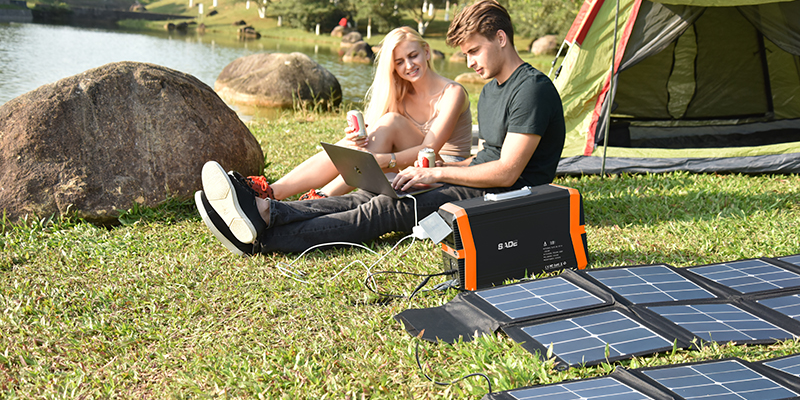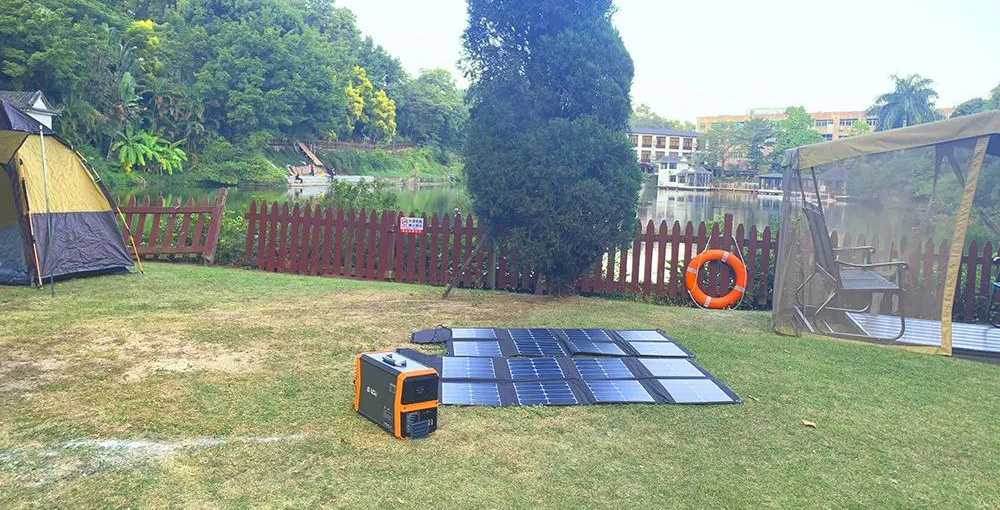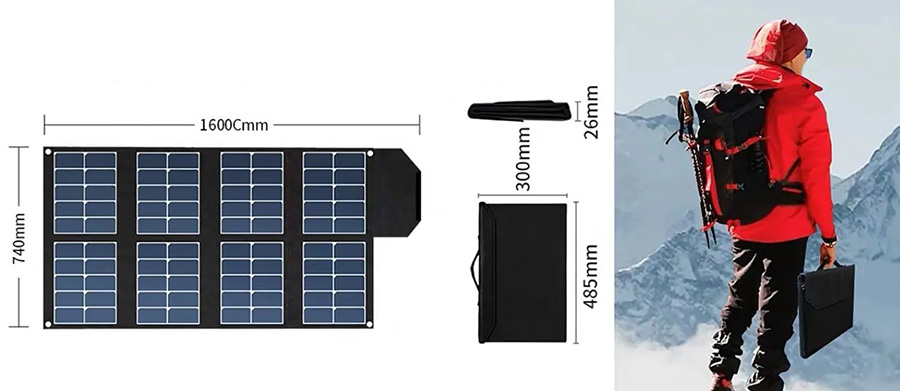Advantages of solar photovoltaic power generation
1. Energy independence
If you own a solar system with energy storage, you can continue generating electricity in an emergency. If you live in an area with an unreliable power grid or are constantly threatened by severe weather such as typhoons, this energy storage system is very necessary.
2. Save electricity bills
Solar photovoltaic panels can effectively use the resources of solar energy to generate electricity, which can save a lot of electricity bills when used at home.
3. Sustainability
Oil and natural gas are unsustainable energy sources because we use them at the same time as we are consuming these resources. But solar energy, by contrast, is sustainable because sunlight is constantly replenished and illuminates the earth every day. We can use solar energy without worrying about whether we will deplete the planet’s natural resources for future generations.
4. Low maintenance cost
Solar photovoltaic panels do not have many complicated electrical components, so they rarely fail or require constant maintenance to keep them running optimally.
Solar panels have a lifespan of 25 years, but many panels will last longer than that, so you’ll rarely need to repair or replace solar PV panels.
Disadvantages of solar photovoltaic power generation
1. Low conversion efficiency
The most basic unit of photovoltaic power generation is the solar cell module. The conversion efficiency of photovoltaic power generation refers to the rate at which light energy is converted into electrical energy. At present, the conversion efficiency of crystalline silicon photovoltaic cells is 13% to 17%, while that of amorphous silicon photovoltaic cells is only 5% to 8%. Since the photoelectric conversion efficiency is too low, the power density of photovoltaic power generation is low, and it is difficult to form a high-power power generation system. Therefore, the low conversion efficiency of solar cells is a bottleneck hindering the large-scale promotion of photovoltaic power generation.
2. Intermittent work
On the surface of the earth, photovoltaic power generation systems can only generate electricity during the day and cannot generate electricity at night. Unless there is no distinction between day and night in space, solar cells can generate electricity continuously, which is inconsistent with people’s electricity needs.
3. It is greatly affected by climatic and environmental factors
The energy of solar photovoltaic power generation comes directly from the sunlight, and the sunlight on the earth’s surface is greatly affected by the climate. Long-term changes in rainy and snowy days, cloudy days, foggy days and even cloud layers will seriously affect the power generation status of the system.
Post time: Jun-13-2022



